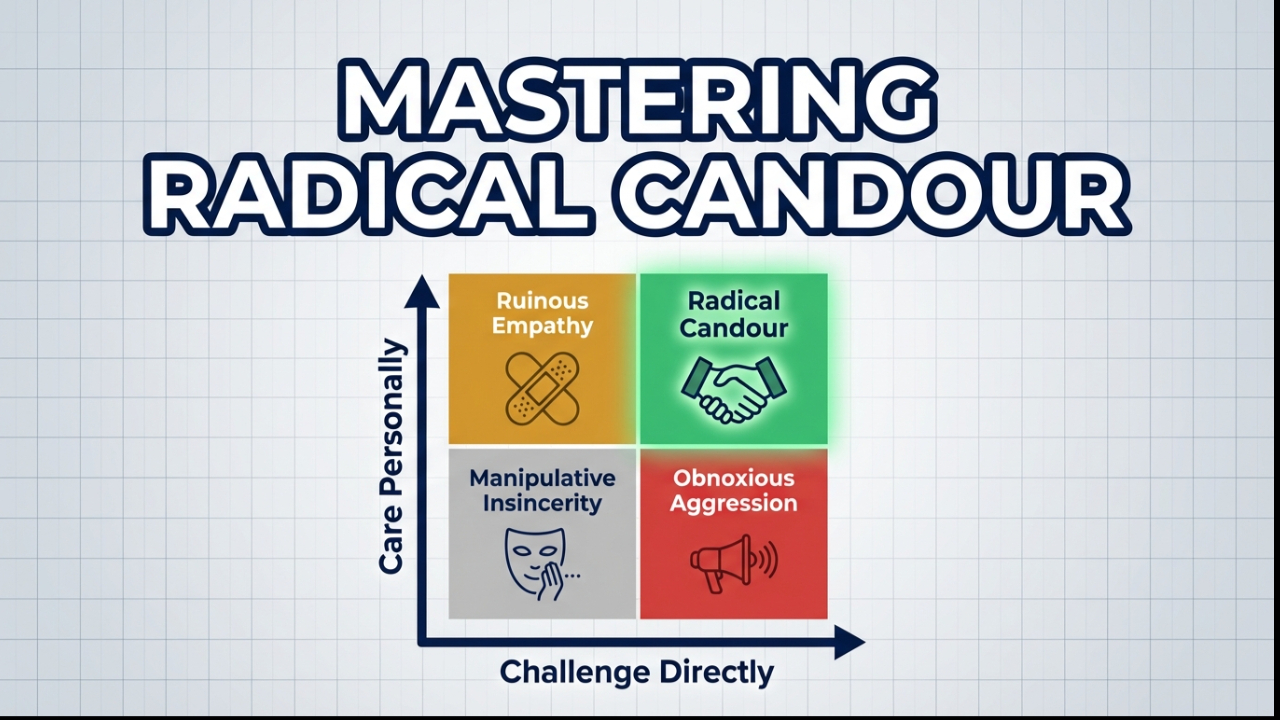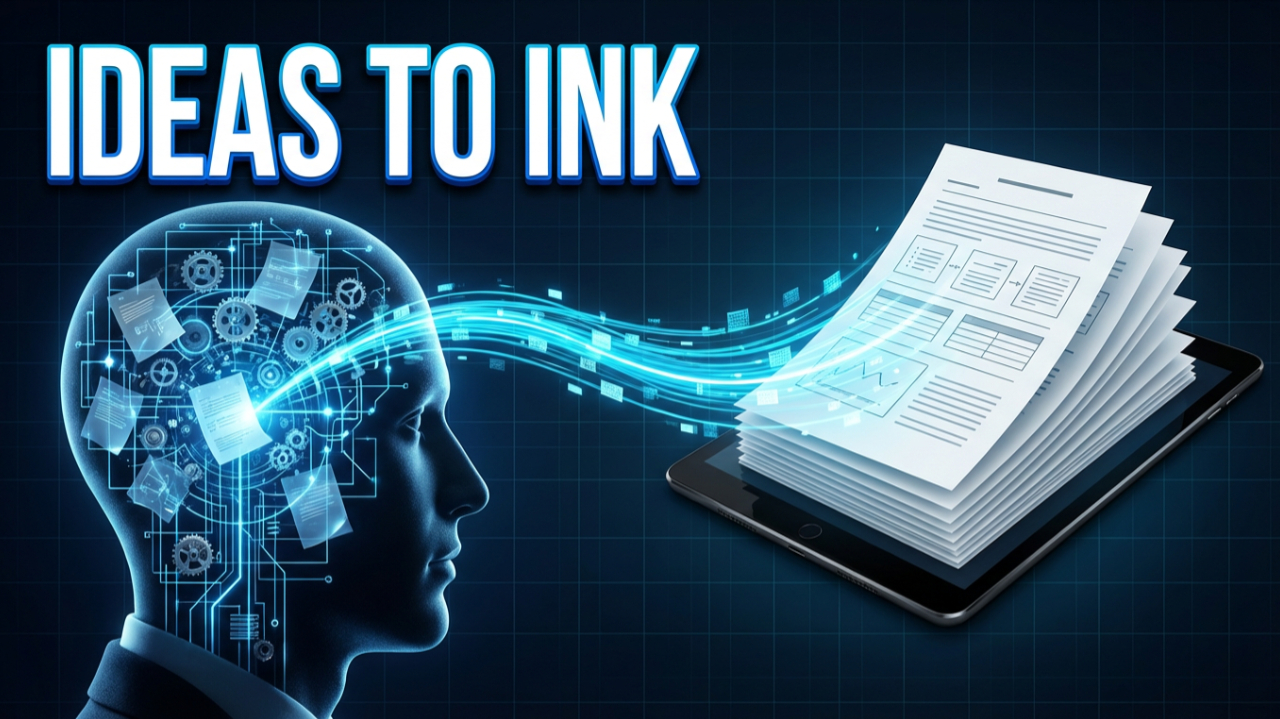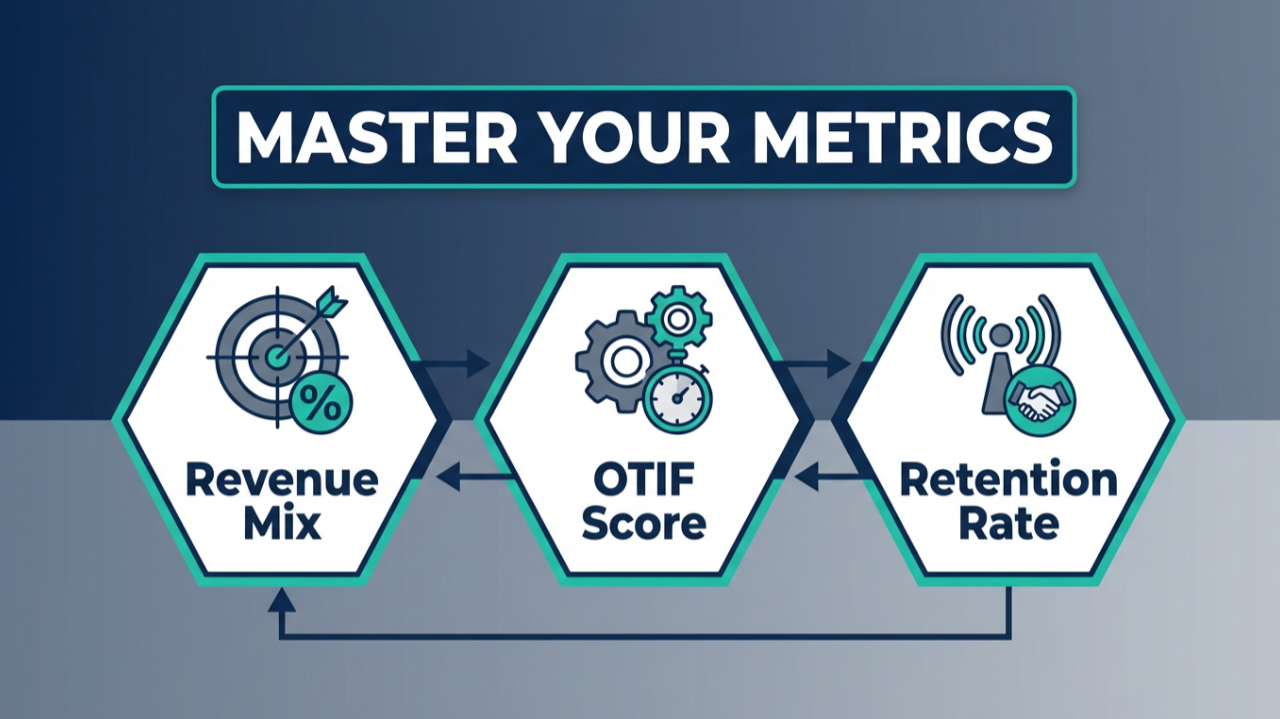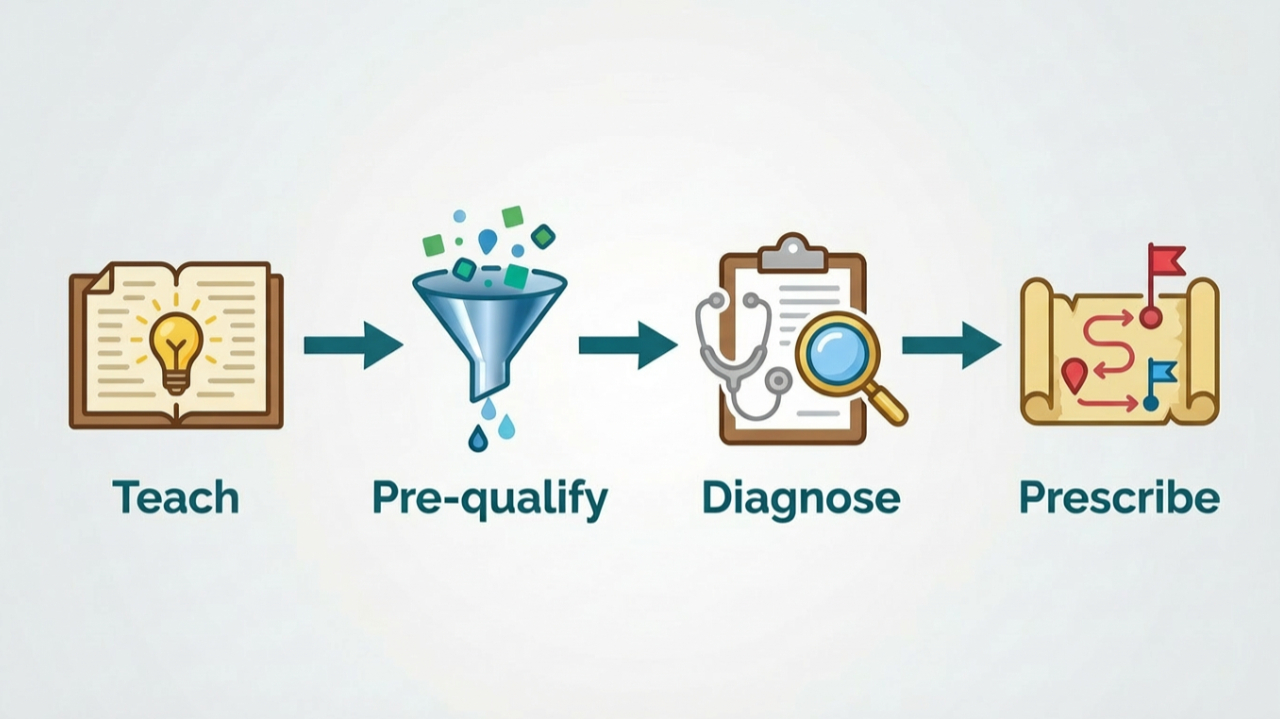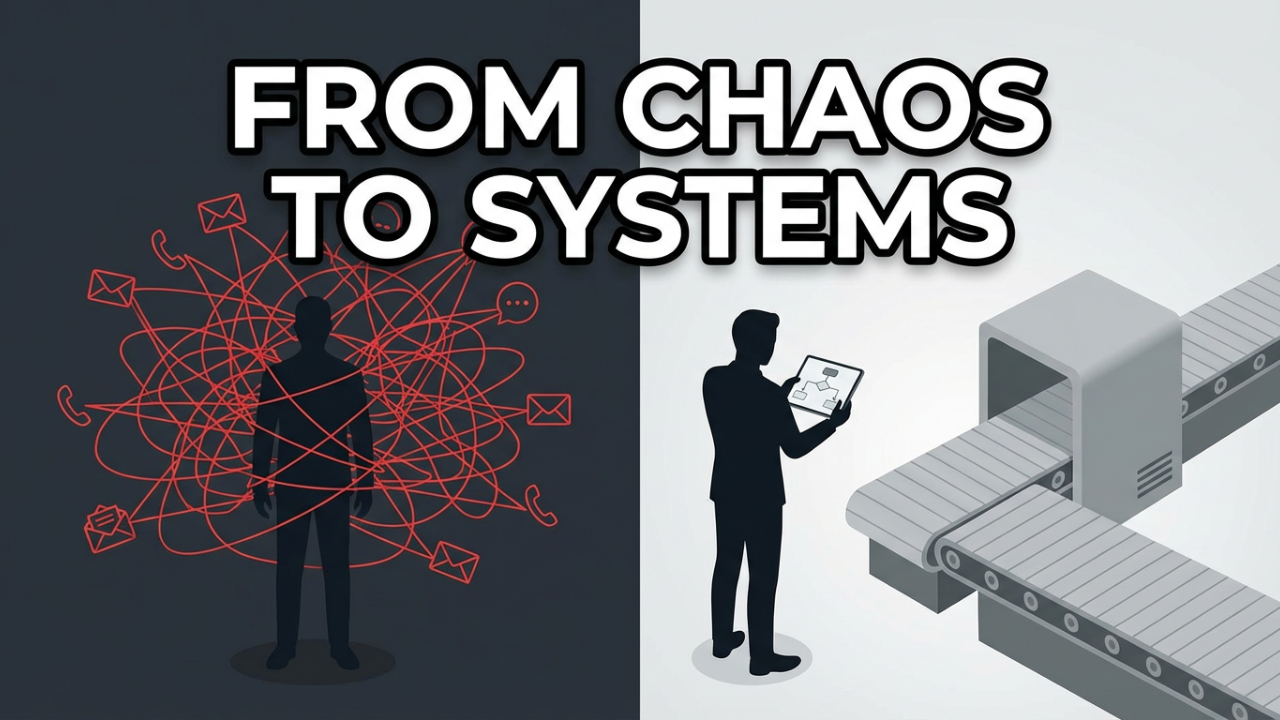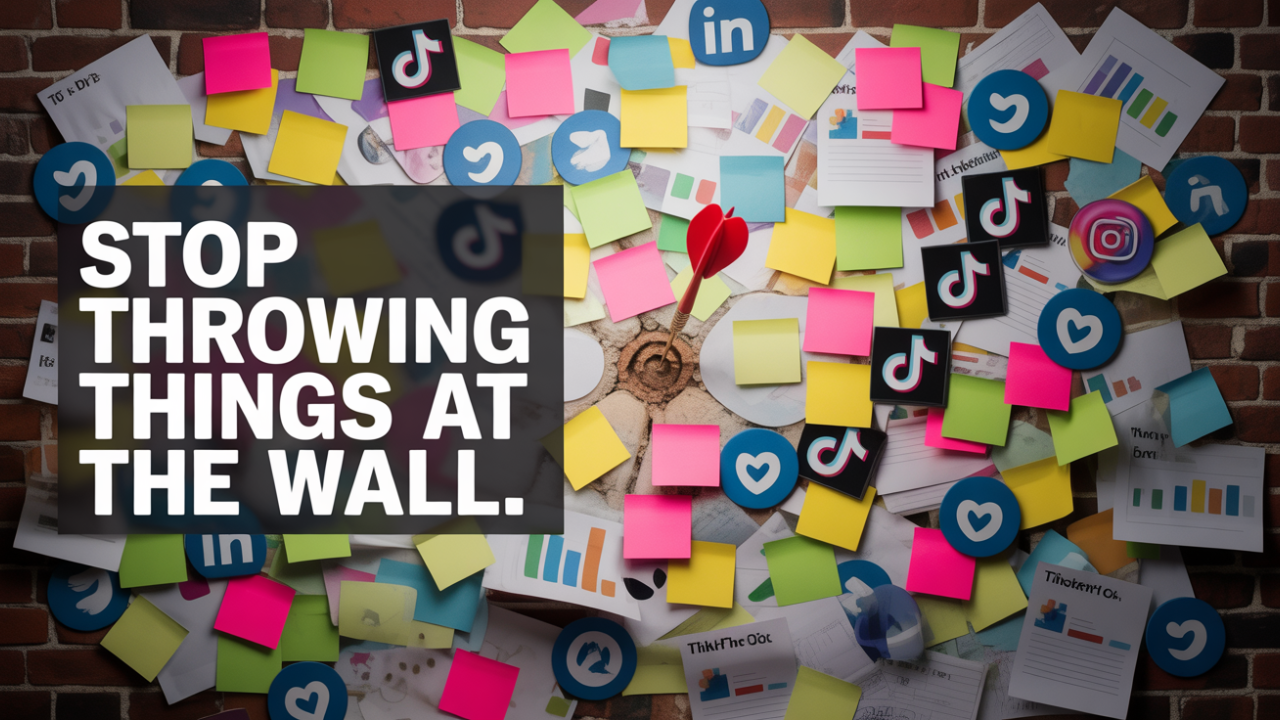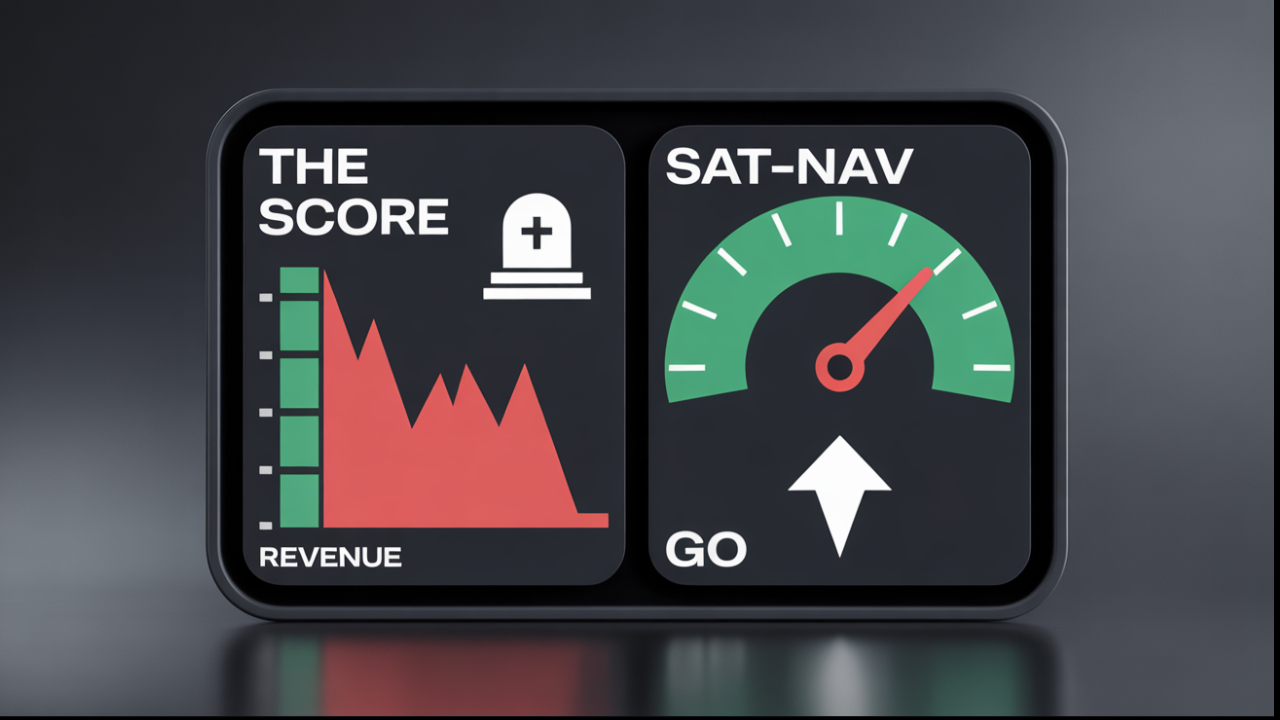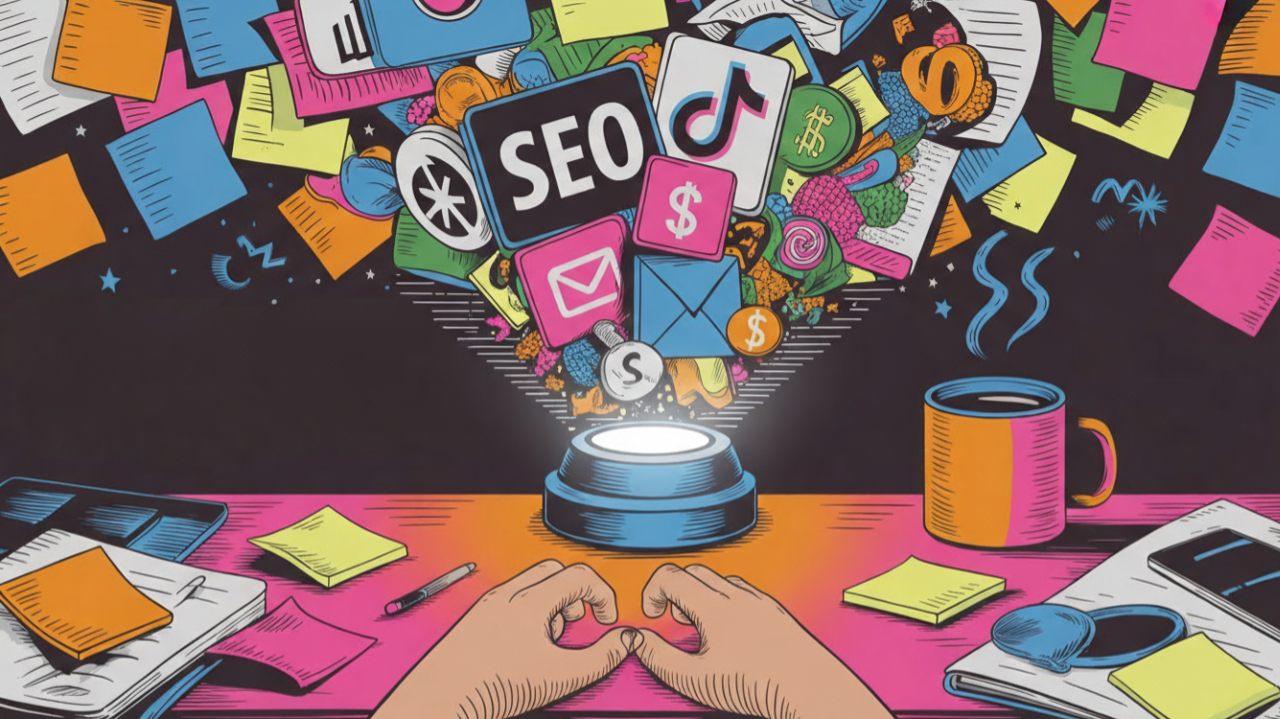Reciprocity: The Norm of Give and Return for Business Sales
The law of reciprocation is one of the most powerful laws of social influence. It states that people will want to return a favour to someone who has done them a favour.
For example, if you buy me dinner, I'll probably feel the need to buy you dinner the next time we go out. If I give you a pound, you'll probably be more likely to give me two pounds when I ask for it. If you smile at someone as you walk down the street, they will almost always smile back.
If we were to describe the human psyche in one word, it would be "reciprocity." We live in a world of give and take, and we inherently want to feel like we're giving back. That's why, when someone does something nice for us, we feel a need to return their good deed with an even better one; it's a social norm that keeps us feeling like moral people!
The sense of reciprocation is so important to us that it has become engrained in our very core. And because of this, when someone does something nice for us, we can't help but want to return their favour.
In fact, experiments have shown that when you do someone a favour, the part of their brain associated with memory is slightly altered. Their brain remembers the favour you did for them and expects you to return the favour in some way.
Reciprocity in Marketing
So how does this apply to us in the marketing world?
Reciprocity is a marketing term that refers to the idea that consumer behaviour is shaped by social and psychological factors. Reciprocity in marketing can be analysed as an exchange relationship, which motivates consumers to engage in an exchange with others or return favours for perceived benefits.
Reciprocity can be found in both business-to-consumer (B2C) relationships and business to business (B2B) relationships, where it plays a critical part in driving buyer behaviour.
The principle of reciprocity is one of the most important theories when it comes to consumer behaviour. It can help businesses gain customers' trust and loyalty, retaining them longer and increasing their willingness to pay higher prices.
It is also essential for businesses to understand how they can influence consumers' reciprocity patterns and turn them into predictable trends. Furthermore, reciprocity has been shown to have a positive effect on consumers' affiliation with brands, leading to increased brand loyalty.
Implementing Reciprocity into your Marketing
Whether you're trying to get new customers or strengthen the bond you already have with current clients, reciprocity is one of the most powerful tools in your marketing arsenal.
For example, marketers use coupons, special promotions, and freebies all the time to convince people to make purchases. Or think about when you've seen a lead magnet like a free eBook offered in exchange for your contact details. These are excellent examples of using the principles of human psychology in marketing.
But reciprocity isn't just for making sales or getting leads—you can use it to generate revenue without spending much on ads by driving customer referrals. And you can also use this technique to get more engagement with your blog posts and social media content.
Just make sure that these offers are genuine and that you're not taking advantage of people's willingness to help each other out (hint: if it seems too good to be true, it probably is).
Types Of Reciprocity for Business
To make sales, you'll want to influence your customers and allow them to reciprocate in a positive way. This can be achieved if you focus on the needs of your target audience and think about how you can assist them.
So, what are some ways that you can use reciprocity on your site?
- Give away free eBooks
- Free warranty
- Run a giveaway
- Send out a free sample
- Include free gifts with orders
- Offer free shipping or discounts on shipping
- 3 Months free service contract
- 24/7 Contact
- and many more, get creative
Give to your customers, without expecting a return - Give them something they will value. The best approach is to offer something early in the sale—this will get their attention right away.
Conclusion
Reciprocity is a business concept that describes the tendency for customers to be more likely to reciprocate with purchases when a business offers them something first. Normally, this "something" takes the form of a free sample or a gift. The act of giving something away for free can create positive associations with a brand and show customers you care. Customers who feel cared for and taken care of are more likely to return the favour by making a purchase.
But remember, customers should feel valued, not manipulated
The idea behind reciprocity is that it works best when customers feel like they're receiving something for nothing, not because they have to but because someone else wants to offer it. When used right, reciprocity can help salespeople build relationships with their clients by showing that they genuinely want to help them out and want them to succeed. It's no secret that people tend to like other people who do nice things for them—the same goes for businesses! If your company is offering customers something worthwhile without expecting anything back, then you're probably doing something right. This might just be the key to building long-term relationships with clients and keeping their loyalty over time!


